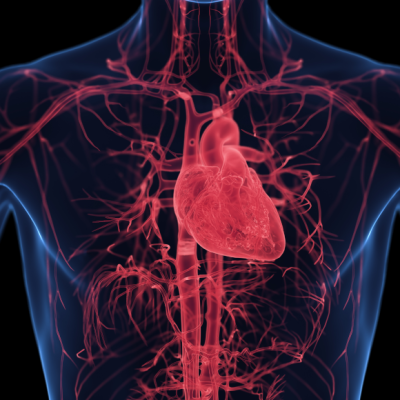Cannabis Use Linked to Increased Risk of Peripheral Arterial Disease
A recent study presented at the Society for Cardiovascular Angiography & Interventions (SCAI) annual meeting has found that cannabis use significantly increases the risk of peripheral arterial disease (PAD). PAD is a condition that affects the blood vessels, causing narrowed arteries that reduce blood flow to the arms or legs. It affects 6.5 million people in the U.S. and can lead to mobility impairment, reduced quality of life, heart attack, stroke, and even death if left untreated. The study analyzed anonymous patient data from the National Hospital Sample (NHS) from 2016 to 2019, finding that cannabis users have more than a threefold higher risk of developing PAD.
The NHS includes around 30 million people, of whom 623,768 are confirmed cannabis users. The patients had an average age of 37.4 years, an equal distribution across genders, were mostly white, and were more likely to be classified as scheduled admissions. Of these patients, 2,424 (0.38%) were diagnosed with PAD. While cannabis users have a significantly higher risk of developing PAD, there was no statistically significant increase in mortality or the need for percutaneous intervention. The authors emphasize the importance of continuous monitoring of this patient group and alerting them to the symptoms of PAD, such as leg pain when walking, slower or no hair growth, and coldness in the leg.
The study’s findings suggest that cannabis users should be aware of the potential risks associated with their use and seek medical attention if they experience any symptoms of PAD. The authors also recommend that healthcare providers be vigilant in screening for and monitoring the progression of PAD in cannabis users, in addition to providing smoking cessation counseling. As cannabis use continues to increase in the U.S., it is crucial to understand its potential impact on health and take appropriate measures to mitigate any adverse effects.










